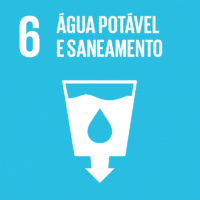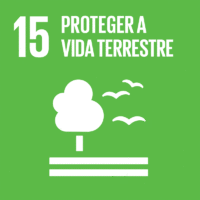Ciência_Iscte
Publicações
Descrição Detalhada da Publicação
Mainstreaming sustainable decision-making for ecosystems: integrating ecological and socio-economic targets within a decision support system
Título Revista
Environmental Processes
Ano (publicação definitiva)
2014
Língua
Inglês
País
Suíça
Mais Informação
Web of Science®
Scopus
Google Scholar
Esta publicação não está indexada no Overton
Abstract/Resumo
Ecosystem sustainable management, and the underlying decision-making process, generally requires the analysis of ecological, social and economic information, integrating both value judgements and policy goals. Since this process can be regarded as complex and tricky, natural resource management requires a well-structured and transparent decision-making process. In this regard, it is necessary to search for and implement sets of measures which can effectively solve emerging problems. Based on the assumption that decisions concerning the management of watersheds may imply trade-offs between their different functions, the intent was to test if software tools, such as MULINO, could be used to enhance multi-level governance of ecosystems. To achieve this, the DPSIR andMCAwere incorporated, to analyze and quantify the explicit trade-offs between several types of services provided by estuarine ecosystems and stakeholder objectives. The Mondego Estuary (Portugal) was used as case study. This system is under constant pressure, from both natural and anthropogenic drivers. Urban expansion and tourism were identified as having a strong impact on system development, while agriculture, although declining, had a determinant role in the system’s status. The study evaluated potential alternatives focusing on the water quality improvement goals that could be designed for the system. The MCA ranked several alternatives and pinpointed as the
best option the alternative that combines buffer zones, eco-tourism enhancement, wastewater treatment plant development, the Murraceira trademark and bivalves bio-control. This analysis allowed a simplification of several management objectives; nonetheless, further tests are still required to understand the real connection between these outcomes and decision-makers.
Agradecimentos/Acknowledgements
--
Palavras-chave
Water quality improvements, WFD, DPSIR framework, Ecosystem services, MULINO-MCA, Decision-support system
Classificação Fields of Science and Technology
- Ciências da Terra e do Ambiente - Ciências Naturais
- Ciências Biológicas - Ciências Naturais
Contribuições para os Objetivos do Desenvolvimento Sustentável das Nações Unidas
Com o objetivo de aumentar a investigação direcionada para o cumprimento dos Objetivos do Desenvolvimento Sustentável para 2030 das Nações Unidas, é disponibilizada no Ciência_Iscte a possibilidade de associação, quando aplicável, dos artigos científicos aos Objetivos do Desenvolvimento Sustentável. Estes são os Objetivos do Desenvolvimento Sustentável identificados pelo(s) autor(es) para esta publicação. Para uma informação detalhada dos Objetivos do Desenvolvimento Sustentável, clique aqui.

 English
English



